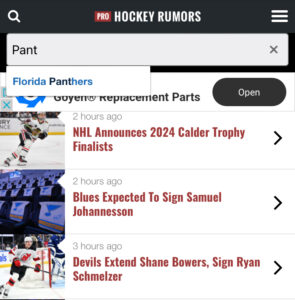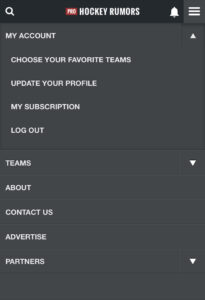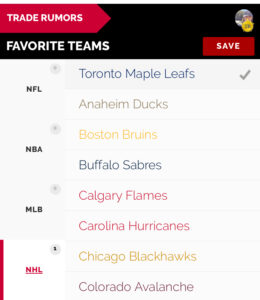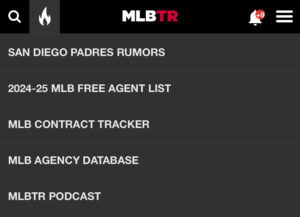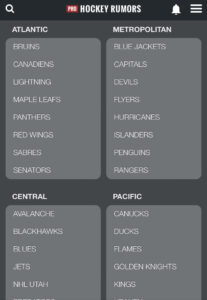The NHL has announced four rule changes and tweaks for next season, all of which were part of eight amendments proposed by league general managers in March. Only these ones have been unanimously approved by the league’s Board of Governors and the NHL/NHLPA Competition Committee, though. The changes are as follows, with wording taken directly from the league:
Rule 38.2 (Situations Subject to Coach’s Challenge)
A coach’s challenge now will be permitted to take down a penalty for puck out of play. This only will apply to delay of game penalties when the puck is determined to have deflected off a player, stick, glass or boards, and not on a judgment call on how the puck left the defensive zone (e.g., batted pucks or if the puck was shot out from the defensive zone). In the event of a failed challenge, another two-minute minor penalty will be assessed (in addition to the existing delay of game penalty).
Rule 63.8 (Line Change Following Dislodged Net)
There will be an adjustment to Rule 63.8 so that the defensive team cannot make a line change in the event its goaltender accidentally dislodges the net (old language applied just to skater).
Rule 76.4 (Face-Off Procedure – Centers)
Following an icing, the offensive center also now will receive one warning (same as the defensive player) for a face-off violation.
Rule 75.3 (Unsportsmanlike Conduct – Player Sitting on Boards)
The referee now will provide the offending team (coach and players) with one warning regarding players sitting on the boards (and will so advise the other team). After one warning in a game, the team precipitating the warning will be issued a bench minor penalty for future violations.
A few notable changes proposed by GMs three months ago weren’t announced as part of today’s modifications. Regarding Rule 63.8, the league stopped short of the GMs’ proposal that a goaltender could be penalized for intentionally dislodging the net. Staying with netminders, they also did not approve a proposal that backup goaltenders could receive a warmup if the starter is pulled out of the game due to injury or concussion.
Additionally, coaches will not be able to challenge a minor high-sticking call in an attempt to show that the infraction was the result of a teammate’s stick, not the offender’s, as proposed.
